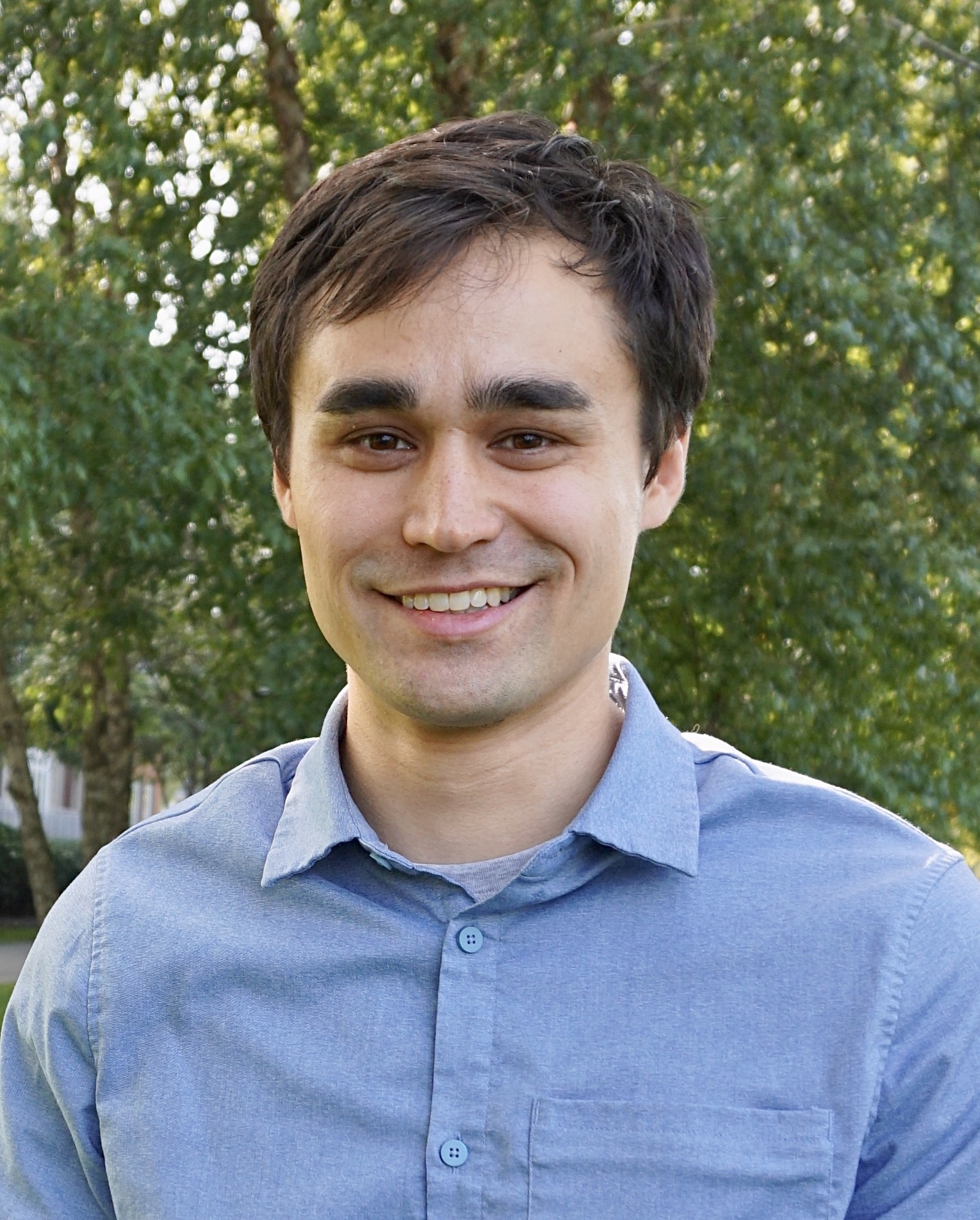Nicholas Kern
Research Fellow | astrophysics & cosmology, radio astronomy, machine learning
Ann Arbor, MI, USA

I am a NASA Hubble Fellow based at the University of Michigan. I am a data-focused researcher working at the interface of high-redshift astrophysics & cosmology, radio astronomical observation and machine learning. My research goals are to use next-generation radio telescopes to map the high-redshift universe with unprecedented statistical precision, enabling us to tap into a trove of currently unharnessed cosmological information. Some of the broad questions my research aims to address are:
- How did the first stars, black holes, and galaxies form, and how did their radiative feedback impact the surrounding primordial hydrogen?
- How do high-redshift observations of the universe fit with low-redshift observations, and how can they stress-test our cosmological model?
- How can we robustly and optimally extract weak cosmological signals from noisy and systematics-contaminated data, and how can advances in machine learning accelerate this process?
I leverage data from powerful radio telescopes, and design novel, ML-driven analysis frameworks for addressing these questions. My current work is in developing the first fully end-to-end and differentiable Bayesian forward model for the wide range of 21 cm cosmology and line intensity mapping (LIM) experiments. This framework will be a critical step in suppressing systematics to the level needed to unlock 21 cm cosmology science, which enable us to probe cosmological structure across a wider redshift and scale range than currently accessible.
Previously, I was a Pappalardo Fellow at MIT. I received a PhD in astrophysics from UC Berkeley in 2020, and a BS in physics and astrophysics at the University of Michigan in 2015.
Upcoming Talks
| Event | Date | Type |
|---|---|---|
| Michigan AI Summit Ann Arbor, MI | November, 2025 | research talk |
| International Conference on Particle Physics & Cosmology CMU, Pittsburgh, PA | October, 2025 | research talk |
| NASA Hubble Symposium Baltimore, MD | October, 2025 | research talk |
| 21cm Global Signal Conference Caltech, Pasadena, CA | September, 2025 | research talk |
| Astronomy Colloquium U. Toledo, Toledo, OH | September, 2025 | invited talk |
| HEP-Astro Seminar U. Michigan, Ann Arbor, MI | September, 2025 | invited talk |
| Astrophysics & Cosmology Seminar U. Illinois, Urbana-Champaign, IL | September, 2025 | invited talk |
nkern@umich.edu
github.com/nkern
google scholar
linkedin/nicholas-kern